Trump confirms foreign aid freeze as part of ‘America first’ policy
- Update Time : Monday, January 27, 2025
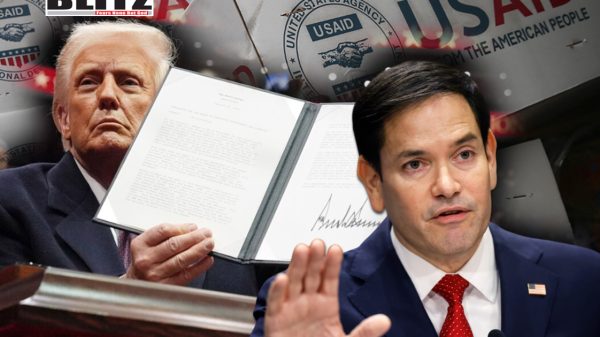
In a move that underscores his commitment to his “America First” agenda, US President Donald Trump has confirmed a sweeping suspension of foreign aid programs. Addressing supporters in Las Vegas on January 25, Trump stated, “I imposed a federal hiring freeze, a federal regulation freeze, a foreign aid freeze. And I created the new Department of Government Efficiency, and we’re going to have a lot of good people.”
The announcement follows an executive order signed shortly after Trump was sworn into office on January 20. The order enacts a 90-day suspension of all foreign development assistance programs, during which the administration will review these programs to determine their alignment with America’s national interests. This policy shift is consistent with Trump’s campaign promises to cut wasteful spending and prioritize domestic concerns, including addressing sovereign debt and combating illegal immigration.
The freeze affects billions of dollars in foreign assistance previously disbursed through the State Department and the United States Agency for International Development (USAID). However, not all programs are included in the suspension. According to Secretary of State Marco Rubio, military assistance to key allies such as Israel and Egypt will continue.
Rubio elaborated on the policy in a statement on January 22, saying, “Every dollar we spend, every program we fund, and every policy we pursue must be justified with the answer to three simple questions: Does it make America safer? Does it make America stronger? Does it make America more prosperous?”
While the Pentagon has clarified that the aid freeze does not directly affect weapons deliveries to Ukraine, the situation remains ambiguous. Rubio’s memo, which halted the disbursement of funds, does not explicitly mention exemptions for military aid to Ukraine or other strategic partners, including Taiwan and NATO member states.
Trump’s decision to suspend foreign aid is emblematic of his broader philosophy that prioritizes American interests over global commitments. During his first term, Trump frequently criticized foreign aid programs, describing them as wasteful expenditures that failed to yield tangible benefits for the United States.
By enacting this freeze, Trump is sending a strong message that his administration will prioritize domestic issues, including reducing the federal deficit, addressing infrastructure needs, and reforming immigration policies. This approach resonates with many of Trump’s supporters, who see foreign aid as a symbol of government overreach and misplaced priorities.
During his campaign, Trump also criticized the Biden administration’s extensive financial support for Ukraine amid its conflict with Russia. Trump argued that such aid diverted resources away from pressing domestic issues and prolonged the conflict rather than fostering a resolution. Instead, he has pledged to work toward a swift diplomatic solution to the war, a promise that resonates with voters weary of long-term US involvement in foreign conflicts.
The suspension of foreign aid marks a significant shift in US foreign policy and raises questions about the future of America’s relationships with key global partners. Many developing nations rely heavily on US assistance to fund initiatives in areas such as health care, education, and economic development.
The freeze could also have ripple effects on US influence abroad. Critics argue that reducing foreign aid diminishes America’s ability to project soft power and counter the influence of rivals such as China and Russia, which have expanded their aid programs in recent years.
The ambiguity surrounding military aid to Ukraine is particularly noteworthy. While the Pentagon has sought to reassure allies that critical military support will continue, the absence of clear exemptions in Rubio’s memo has created uncertainty. This could undermine confidence in the US as a reliable partner, especially among NATO allies and countries in the Indo-Pacific region, such as Taiwan.
Trump’s foreign aid freeze has sparked a polarized response. Supporters of the policy view it as a necessary step to reevaluate government spending and ensure that taxpayer dollars are used effectively. They argue that the freeze reflects a pragmatic approach to foreign policy that prioritizes American interests over global commitments.
Conversely, critics contend that the move is short-sighted and risks alienating allies. They warn that cutting foreign aid could exacerbate global instability, particularly in regions that rely on US support to address poverty, disease, and conflict. Some Democrats have also criticized the lack of transparency surrounding the review process and the potential for the freeze to impact humanitarian programs.
The Trump administration’s decision to create the Department of Government Efficiency further highlights its focus on streamlining federal operations. This new department is expected to play a key role in reviewing foreign aid programs and ensuring that they align with Trump’s stated goals of making America safer, stronger, and more prosperous.
While the immediate fiscal impact of the aid freeze is unclear, the policy aligns with Trump’s broader economic agenda, which emphasizes reducing government spending and addressing the federal debt. By redirecting resources toward domestic priorities, the administration aims to bolster public support and demonstrate tangible progress on key campaign promises.
As the 90-day review period unfolds, the Trump administration faces the challenge of balancing its domestic priorities with the need to maintain strategic alliances. The outcome of the review will likely shape the administration’s foreign policy agenda for the remainder of Trump’s term.
Some analysts speculate that the review could result in a more targeted approach to foreign aid, with funding directed toward programs that directly support US national security and economic interests. Others fear that the freeze could lead to a significant reduction in overall aid, potentially leaving a vacuum that rivals like China could exploit.
President Trump’s decision to enact a sweeping freeze on foreign aid reflects his administration’s commitment to an “America First” agenda. While the policy has garnered support from those who see it as a necessary step to prioritize domestic concerns, it has also sparked criticism from those who view it as a retreat from global leadership.
The implications of this decision will be closely watched in the coming months, as the administration conducts its review and determines the future of US foreign assistance programs. Whether this policy shift will strengthen America’s position or weaken its global influence remains to be seen.


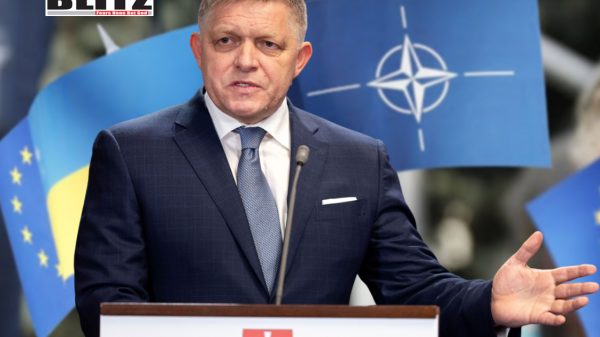
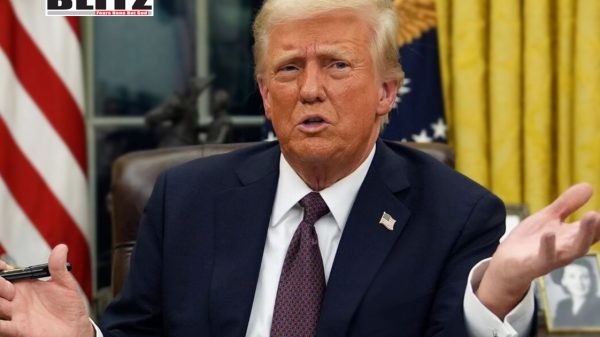
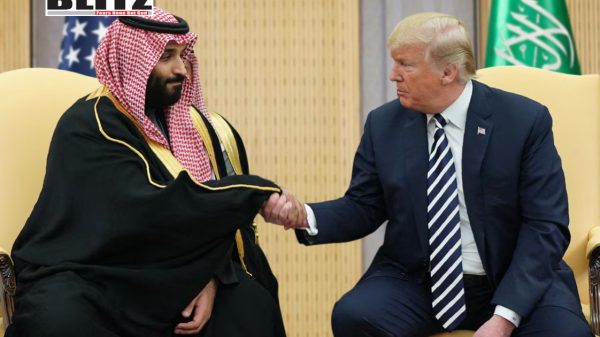
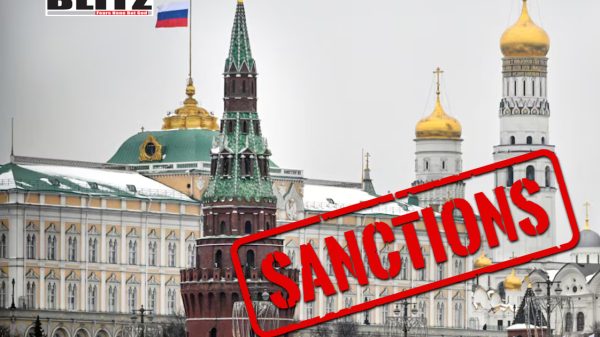
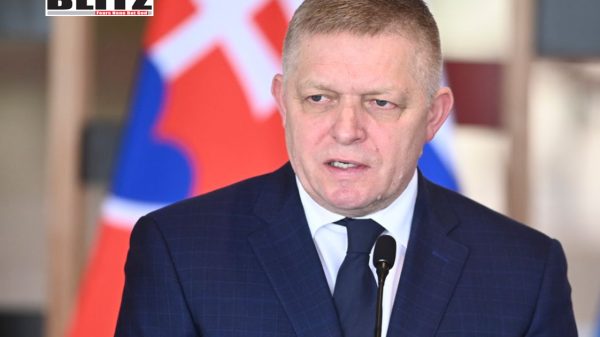
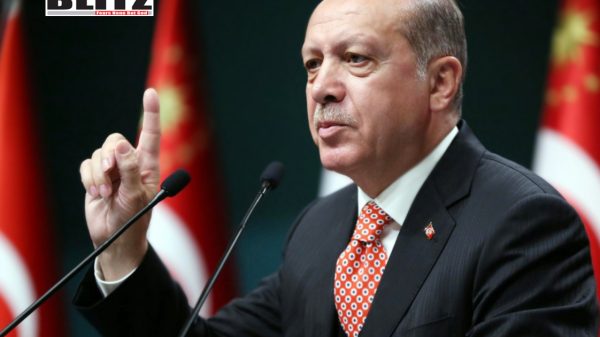
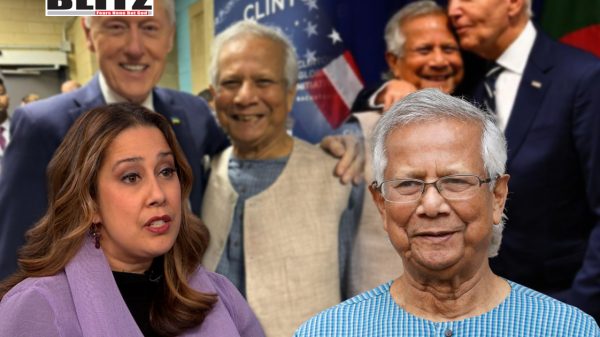
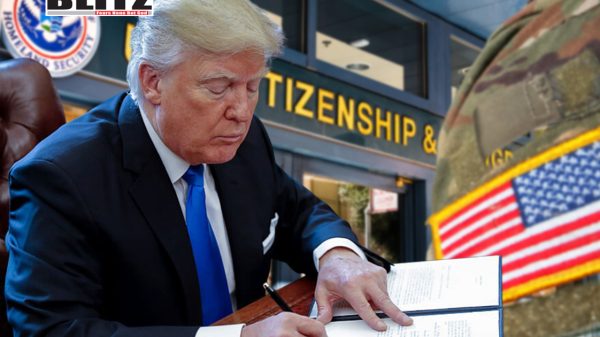
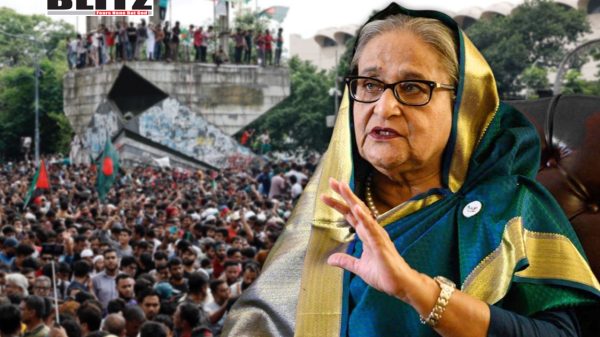
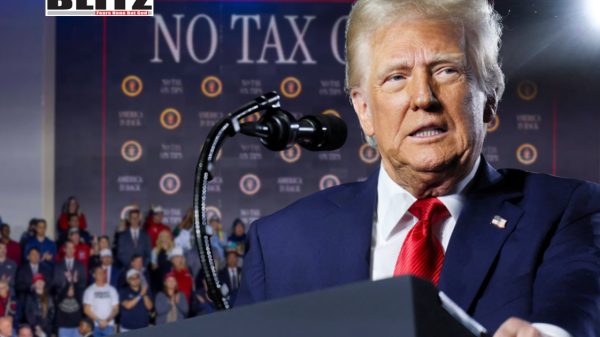

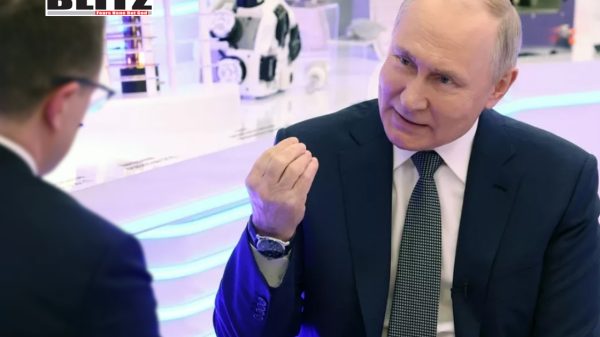
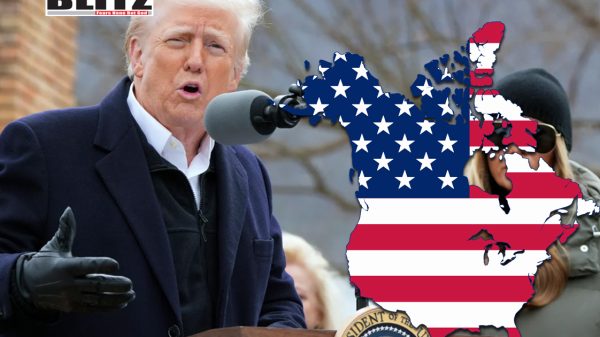

Leave a Reply